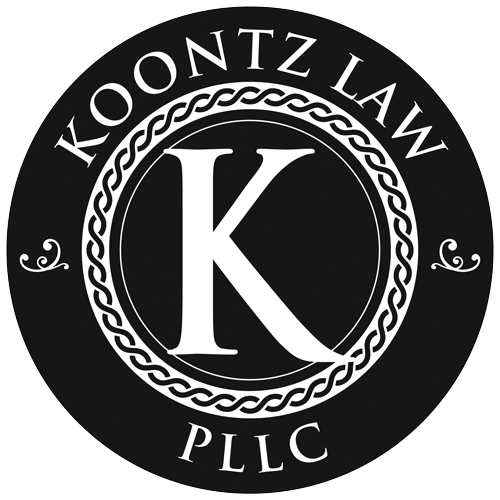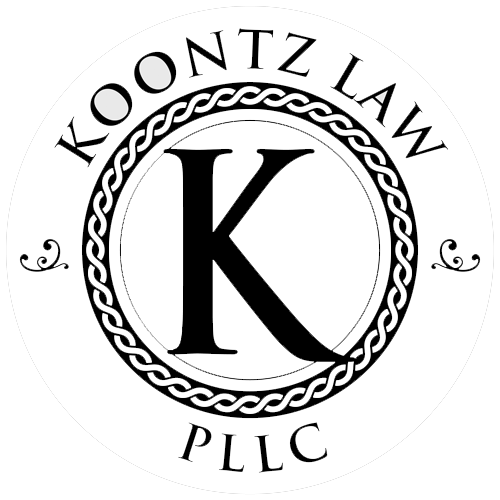3 Ways to Find a Good Lawyer
Finding the right lawyer can be a daunting task, especially when you need legal assistance for a critical issue. Whether you need help with family law, criminal defense, or any other legal matter, having a competent and reliable attorney by your side is crucial. Here are three effective ways to find a good lawyer who can meet your needs and provide the best possible representation.
1. Seek Recommendations from Trusted Sources
Ask Friends and Family
One of the most reliable ways to find a good lawyer is through personal recommendations. Ask friends, family members, or colleagues if they have had positive experiences with any lawyers. Personal referrals can provide insights into the lawyer's competence, professionalism, and approach to client relationships.
Consult Other Professionals
Professionals such as accountants, real estate agents, or doctors often interact with lawyers and may have valuable recommendations. These professionals can provide referrals based on their experience and knowledge of a lawyer's reputation within the community.
Online Reviews and Testimonials
Online reviews and testimonials can also be useful in finding a good lawyer. Websites like Avvo, Martindale-Hubbell, and Google Reviews offer insights into the experiences of past clients. Look for lawyers with consistently positive feedback and high ratings.
2. Research and Evaluate Credentials
Check Qualifications and Experience
When considering a lawyer, review their qualifications, education, and experience. Ensure that they are licensed to practice law in your state and have experience handling cases similar to yours. An experienced lawyer is more likely to provide effective representation and understand the nuances of your legal issue.
Review Professional Associations and Awards
Membership in professional associations, such as the American Bar Association or state bar associations, can indicate a lawyer's commitment to their field. Additionally, awards and recognitions from reputable organizations can be a sign of excellence and professionalism.
Conduct Interviews and Consultations
Many lawyers offer free initial consultations. Use this opportunity to ask questions about their experience, approach to handling cases, and fees. Pay attention to their communication style and whether they make you feel comfortable and confident in their abilities.
3. Consider Specialization and Fit
Look for Specialization
Different legal issues require different areas of expertise. Look for a lawyer who specializes in the area of law relevant to your case. Specialized lawyers have in-depth knowledge and experience, which can be crucial in achieving a favorable outcome.
Assess Compatibility
Your lawyer will be your advocate and advisor throughout the legal process. It's essential to choose someone you feel comfortable working with and who understands your needs. During your initial consultation, assess whether the lawyer listens to you, respects your opinions, and communicates clearly.
Evaluate Fee Structures
Legal fees can vary widely depending on the lawyer and the complexity of the case. Discuss fee structures upfront, including hourly rates, flat fees, and payment plans. Ensure that you understand the costs involved and that they align with your budget.
Contact Koontz Law, PLLC For Support & Guidance
Finding a good lawyer requires time and careful consideration. By seeking recommendations from trusted sources, researching credentials, and considering specialization and fit, you can identify a lawyer who meets your needs and provides effective representation. At Koontz Law, PLLC, we pride ourselves on our dedication to client satisfaction and our expertise in various legal fields. If you're looking for a reliable and experienced attorney, contact us today to schedule a consultation and learn how we can help you navigate your legal challenges.










Request a Consultation
For more information or to receive a consultation, call us at (336) 751-6235 or complete the form.
Contact Us
We will get back to you as soon as possible.
Please try again later.

